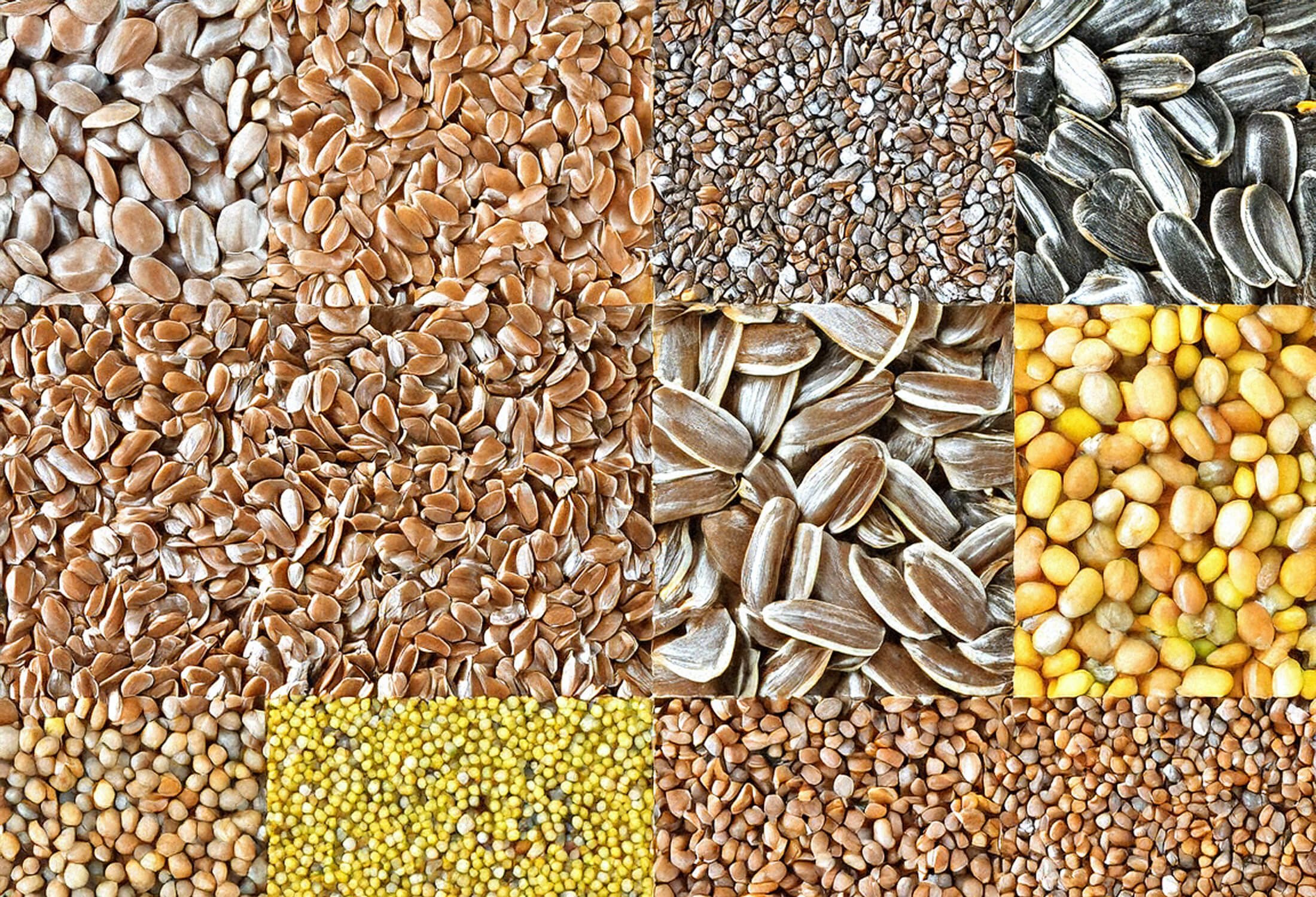
Diverse Field Crops Cluster
Supporting the research and development of high-potential, special crops.
What is the DFCC?
The Diverse Field Crops Cluster (DFCC) is an agri-science cluster whose purpose is to support the research and development of five high-potential, special crops. This project focuses on five crops: camelina, flax, carinata, mustard and sunflower.
Aligning Industry and Research Stakeholders
Led by Ag-West Bio, with funding through Agriculture and Agri-Food Canada’s AgriScience Program – Clusters Component, an initiative under the Sustainable Canadian Agricultural Partnership, combined with industry partners. DFCC aligns industry and research stakeholders to seize market opportunities and accelerate the acreage and market returns of these crops. Diversifying the cropping mix will help extend rotations, break disease and pest cycles, and insulate producers from the volatility of commodity price cycles.

Farmers face a lot of challenges from Mother Nature, from pests and diseases to the vagaries of temperature and precipitation.
Cropping options are needed to meet these, as well as the growing pressures to reduce greenhouse gas emissions. The Diverse Field Crops Cluster (DFCC) is developing special crops that better tolerate water and heat stress, while reducing greenhouse gases and increasing carbon sequestration. Its goal is to increase the acreage seeded to diverse crops, helping farmers mitigate disease pressures and reduce GHGs while also making a profit. The aim is to give farmers viable rotation options and even generate value-added products that contribute to economic growth.
Advancing the agriculture industry through research
DFCC research activities are aligned with outcomes in three areas:
Benchmarking GHG emissions: Comparing emissions of diverse crops to that of wheat and developing best practices for nitrogen use efficiency.
Development of camelina’s agronomic qualities and resilience: Beneficial management practices (BMPs) and additional data for carbon accumulation will lead to greater use of camelina as a new oilseed crop and a viable alternative for production on poorer quality land.
Improving genetic resiliency, yields and disease resistance in rotation crops: Increasing yields and disease resistance in mustard, flax and sunflower will result in these crops being more competitive with other crops.












